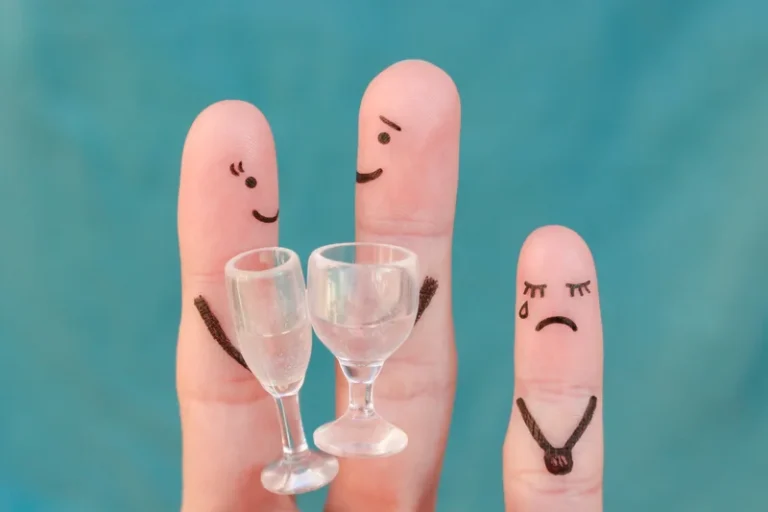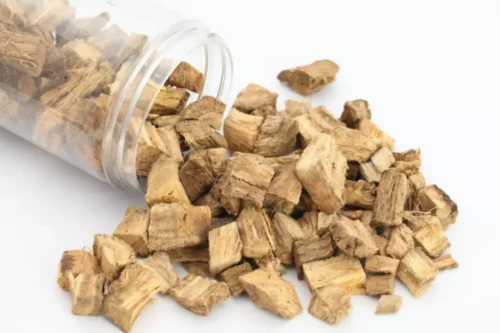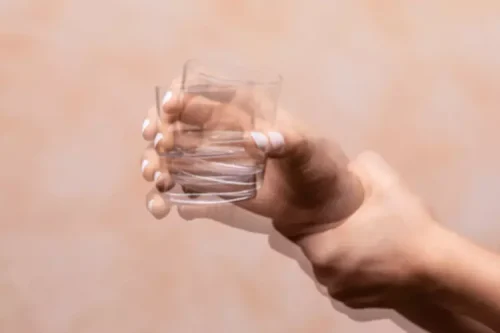Relapse triggers a sense of failure, shame, and a slew of other negative feelings. It’s fine to acknowledge them, but not to dwell on them, because they could hinder the most important action to take immediately—seeking help. Taking quick action can ensure that relapse is a part of recovery, not a detour from it.
How to Prevent a Relapse
Staying involved with our accountability team and the activities that help keep us accountable is necessary. We also need to make sure we are having some sober fun in our lives. Self-efficacy refers to a person’s confidence in their own ability to achieve something. When a person’s self-efficacy is low, they may have a hard time believing in their ability to maintain sobriety. A relapse may look different for each person, depending on how much they use and the circumstances surrounding the relapse. Addiction is a disease that causes imbalances in the brain’s neurotransmitter (chemical messenger) systems.
Treatment providers
According to a review of relapse prevention, lapse and relapse are particularly common within the first year of seeking treatment. Treatment for addiction can help clients work through a relapse and begin taking active steps to change their behavior. Cravings can be dealt with in a great variety of ways, and each https://ecosoberhouse.com/ person needs as array of coping strategies to discover which ones work best and under what circumstances. One strategy is to shift thinking immediately as a craving arises. Another is to carefully plan days so that they are filled with healthy, absorbing activities that give little time for rumination to run wild.
Does a Relapse Mean Failure?
Part of the recovery process includes talking about relapse, and learning healthier ways to cope with triggers that can lead to it. Such a plan helps minimize the likelihood of lapses in the future. Many people seeking to recover from addiction are eager to prove they have control of their life and set off on their own.
Know your triggers
Instead, it can be an opportunity to examine what lifestyle changes, coping skills, and adjustments may be needed to prevent relapse in the future. Such feelings sabotage recovery in other ways as well—negative feelings are disquieting and are often what drive people to seek relief or escape in substances to begin with. In addition, feelings of guilt and shame are isolating and discourage people from getting the support that that could be of critical help. Typically, those recovering from addiction are filled with feelings of guilt and shame, two powerful negative emotions.
- The more ACEs children have, the greater the possibility of poor school performance, unemployment, and high-risk health behaviors including smoking and drug use.
- At that time, there is typically a greater sensitivity to stress and lowered sensitivity to reward.
- Attending meetings and receiving help from your support network will facilitate getting you back on track.
- Joining an aftercare rehab program could give you the information and support you need to identify and deal with triggers that may lead to relapse.
The Role of Medication in Addiction Recovery
People can relapse when things are going well if they become overconfident in their ability to manage every kind of situation that can trigger even a momentary desire to use. Or they may be caught by surprise in a situation where others around them are using and not have immediate recourse to recovery support. Or they may believe that they can partake in a controlled way or somehow avoid the negative consequences. Sometimes people relapse because, in their eagerness to leave addiction behind, they cease engaging in measures that contribute to recovery. Experts in the recovery process believe that relapse is a process and that identifying its stages can help people take preventative action. Sometimes people regret using or drinking after a slip and find a renewed passion for recovery.
But the truth is that sometimes relapse is out of our control; specific situations, emotions, or unexpected events can trigger the mental, emotional, and physical stages of relapse. It indicates that some parts of your recovery plan need tweaking, not that the entire journey is off course. Each step back offers an opportunity to learn more about yourself, your needs, and the best strategies for you.
If you can’t bring yourself to meet in person, make a phone call or send an email or text. The important part is to reestablish contact and let them know you’re struggling. For example, someone who had completely stopped drinking for a period of time, say six months, would be experiencing a relapse if they began drinking what to do after a relapse in an unhealthy manner. If they had just one drink, they might be considered as having a “slip,” but not a full relapse. A relapse is the worsening of a medical condition that had previously improved. When it comes to addiction, it refers to a person engaging in addictive behavior after a period of abstinence.
Work Toward a Balanced, Healthier Lifestyle
When people with diabetes relapse, it doesn’t mean they failed. It means they have to try again and continue to practice healthy eating. They may need to see a doctor or nutritionist and develop a healthy diet plan.






